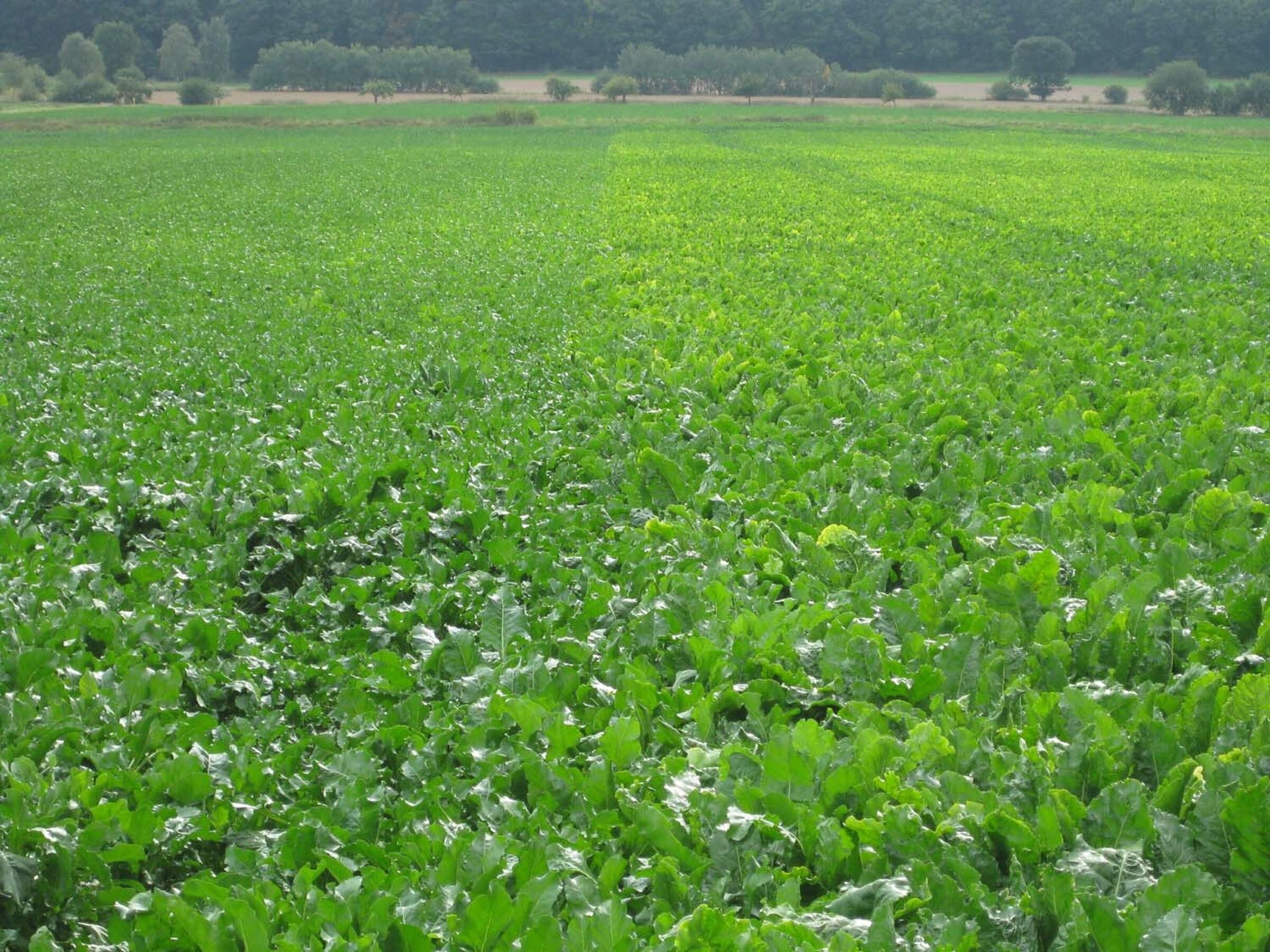The yellowing virus is a major threat to sugar beet cultivation and can cause yield losses of up to 50% in early infestations. The spread of this virus is via aphids, of which control is becoming increasingly challenging due to stricter legislation and a decreasing number of authorised insecticides. Therefore, SESVanderHave, in cooperation with Wageningen University (WUR) and the Dutch beet institute IRS, is working on innovative solutions such as mature plant resistance.
What is mature plant resistance?
Mature plant resistance (MPR) is a natural trait of sugar beet in which resistance to diseases and pests, such as aphids, increases as the plant ages. This mechanism can be effective against viruses, fungi and insects, but only becomes active later in the plant's life cycle. This is problematic because a virus infection early in the season can cause serious damage, with negative consequences for yield throughout the growing season.
Research on mechanism and application
Although mature plant resistance is known to affect aphids, the exact underlying mechanism is not yet fully understood. Previous research shows that the enzymatic browning reaction in the leaf, possibly caused by phenols and polyphenol oxidases, contributes to aphid mortality. Thus, signs of damage in the aphid's digestive system, such as a blackened stomach, are observed.
However, this mechanism does not seem to be related to specific resistance genes, which complicates breeding for early or stronger mature plant resistance. Follow-up research is important to further unravel this complexity.
Collaboration and innovation
In collaboration with Cosun Beet Company and BBRO, among others, external factors that can enhance mature plant resistance are also being examined. These include stress factors that can affect the plant. It is also being researched whether an earlier sowing – about a month before the usual sowing – can cause plants to be older during the first aphid flushes, thus protecting them better.
Practical advice and future prospects
Based on current knowledge on mature plant resistance, the following is advised:
- Earlier sowing: Sowing earlier allows plants to be older during the crucial first aphid flights.
- Integrated crop management: Mature plant resistance can be incorporated into an IPM strategy, for example by using fewer insecticides on older plants.
- Follow-up research: Understanding more about the processes behind mature plant resistance may offer new opportunities to enhance this natural trait.
Although mature plant resistance offers great potential as a natural aid against yellowing virus, it remains a complex phenomenon that requires further study. In addition, it can only be deployed when field conditions allow it. SESVanderHave sees it as a possible part of an integrated solution, in combination with (more) resistant genetics, insecticide application and other agronomic measures. We are committed to working with partners such as Cosun, BBRO, WUR and IRS to develop innovative strategies and enable a more sustainable future for sugar beet cultivation.
